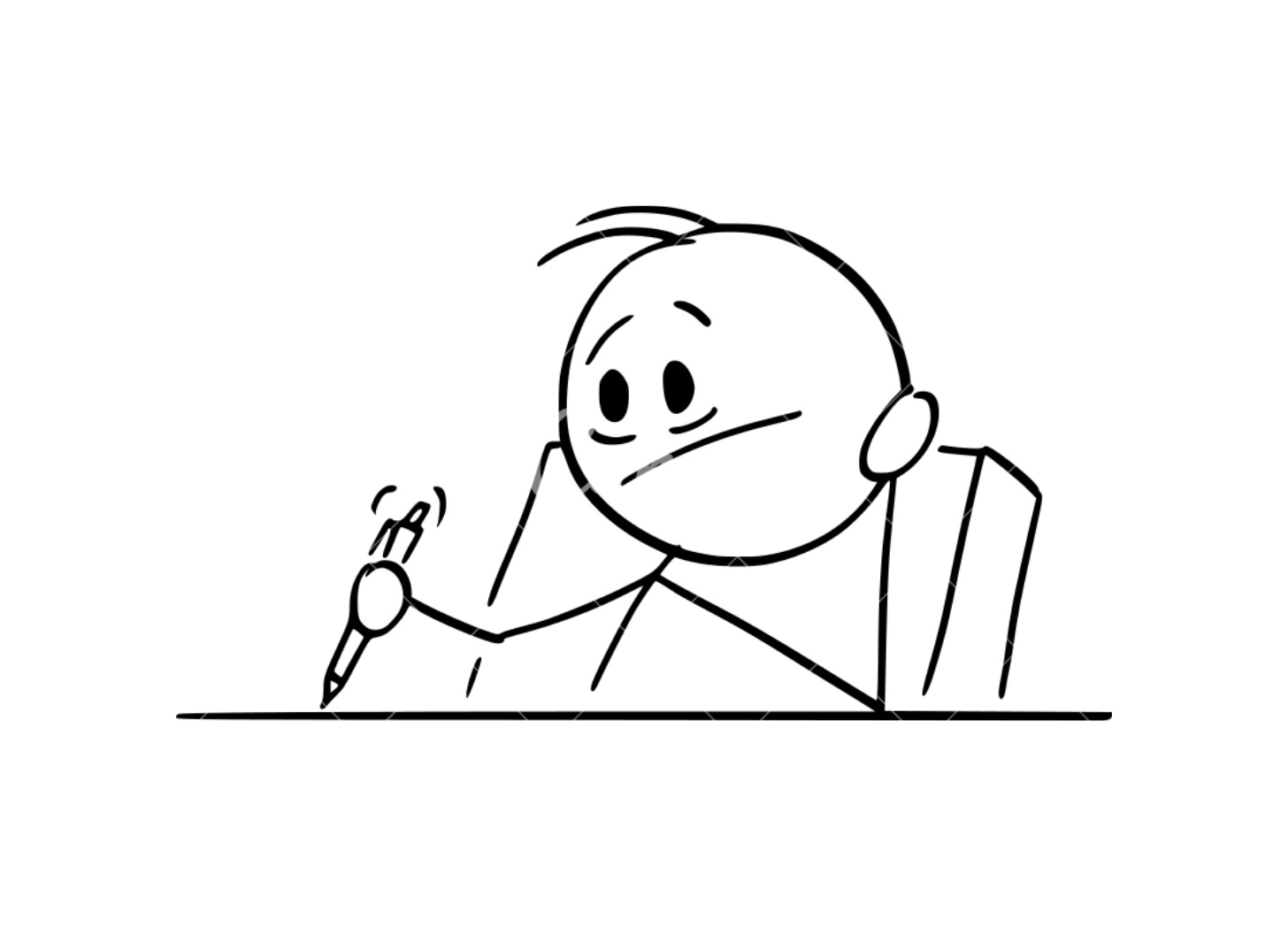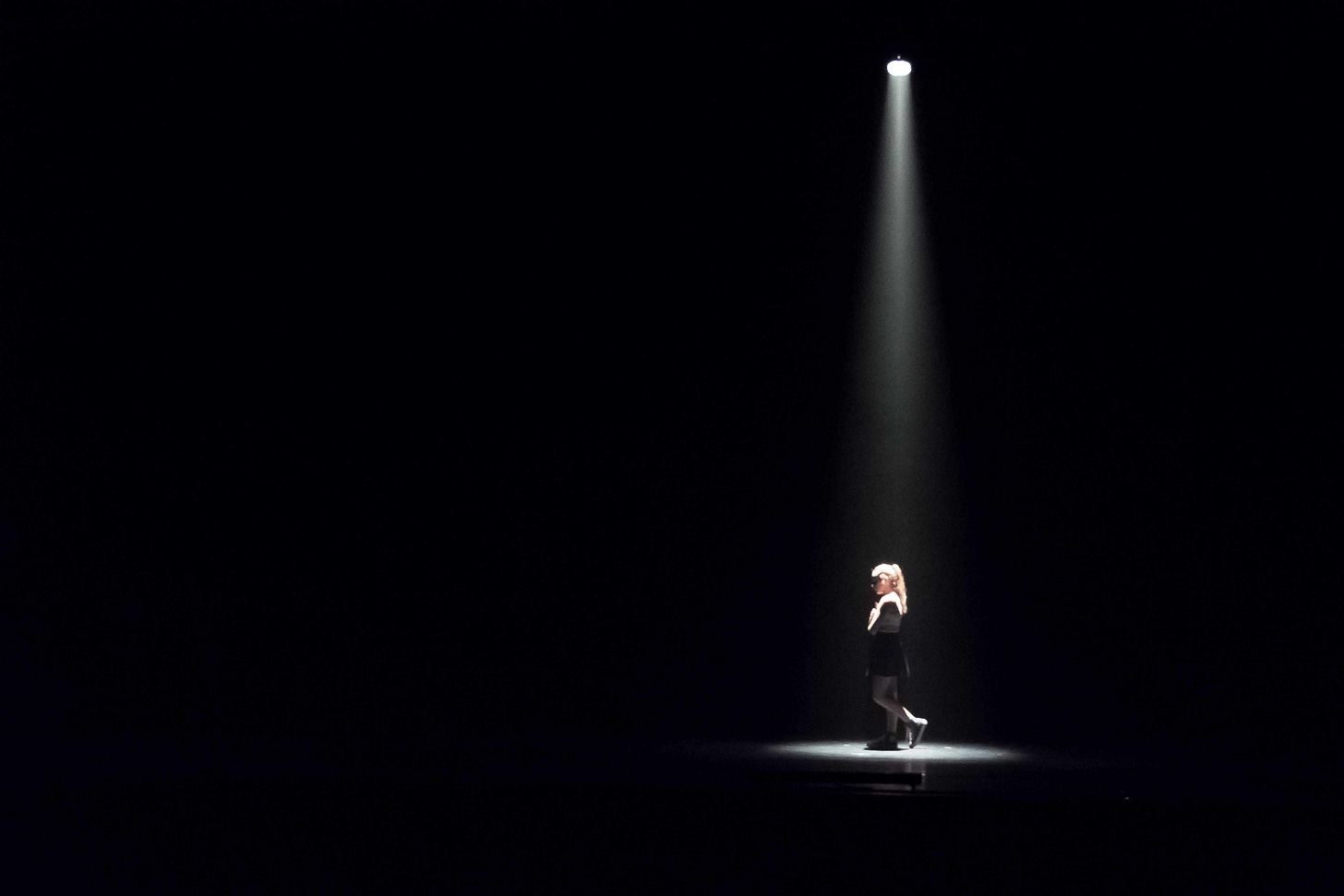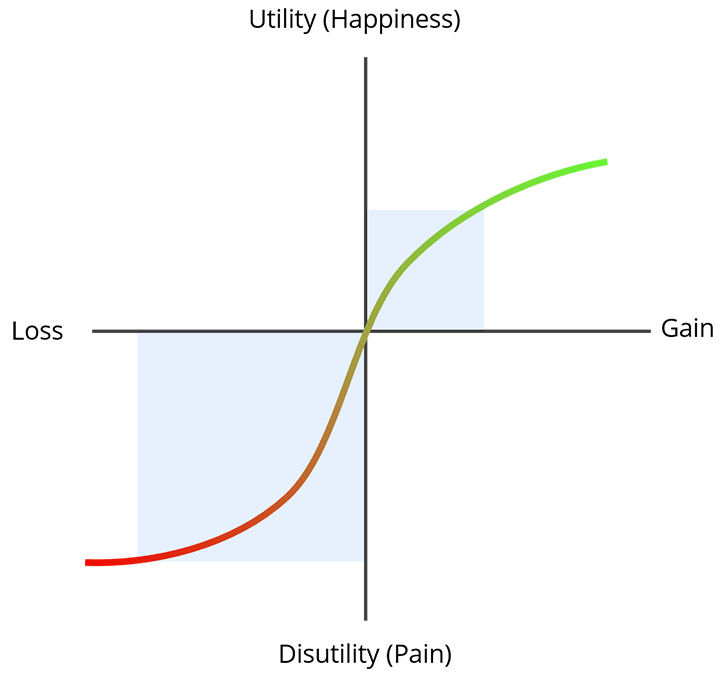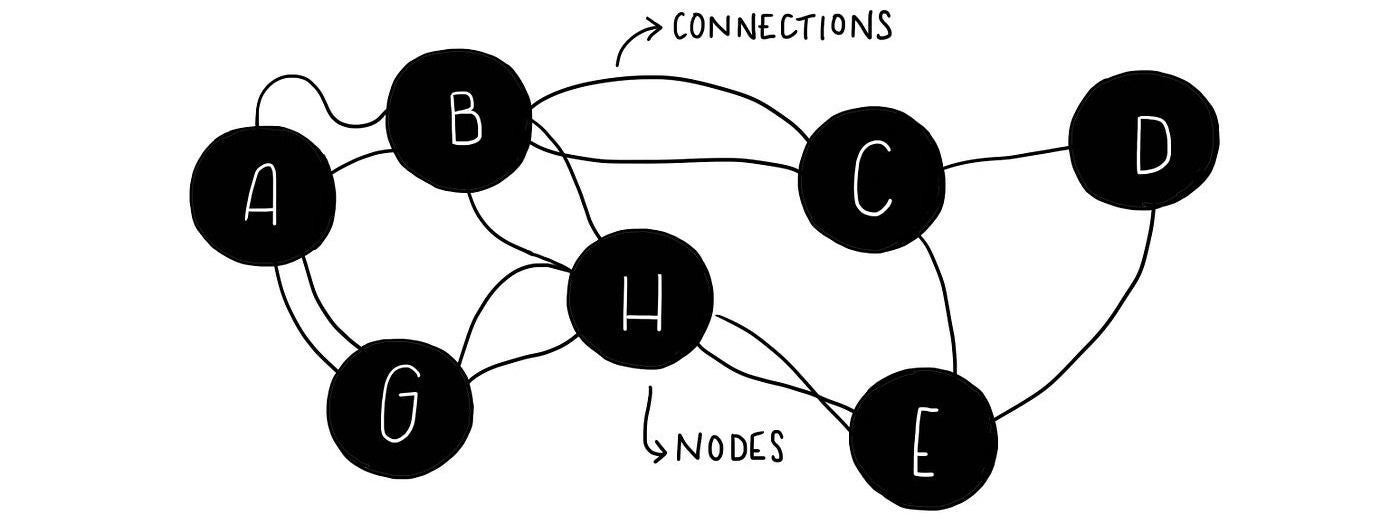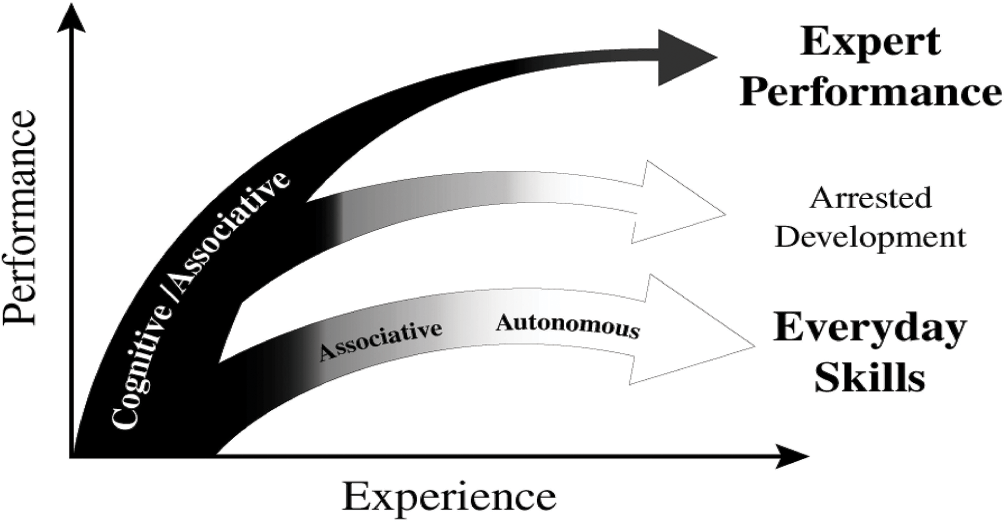Everyone’s Writing Online, So Why Should You?
You’re not worried about originality. You’re worried about judgment. Behavioral science explains why.
I’ve had this thought many times: maybe I should not post anything today. There’s already so much out there.
So many people with good ideas, clear writing, and strong opinions. What could I possibly add that hasn’t already been said?
At first, that feels like a reasonable doubt. But when I slow down, I see what’s really happening. I’m not being logical. I’m afraid. This is not a decision based on facts or strategy. It’s emotional.
Most of us are not afraid of writing. We are afraid of being judged. Afraid of saying something obvious. Afraid of sounding like we are trying too hard.
What looks like a smart decision to stay quiet is actually a psychological trick. The spotlight effect shows that we think people are paying attention to us all the time.
But they’re not. They don’t notice half of what we fear. Most of them are thinking about themselves. Still, the fear stays. Not because the spotlight is real, but because we believe it is.
I will repeat this part… I think this is strong when you reflect for a while. My suggestion is literally to pause the reading and think about it: No one is paying attention at all to what YOU are doing, because they are occupied thinking about what other people are thinking about THEM.
(little suggested pause)
Try to relax when in doubt, and assume that you are probably overestimating how much people care.
But… There is also the fear of loss. Loss aversion, studied by Kahneman and Tversky, shows that we feel bad things more strongly than good ones.
So we think that if I post something and it goes badly, it will hurt. But if it goes well, it probably won’t help much. That’s the kind of thinking that kills good ideas before they’re even shared.
I have felt this myself, many times. And in the past, when turning to this logic, I did nothing. I kept writing drafts that no one saw (well, I still have them, so that people will see anyway, hopefully). That feels safe. But later, you can regret the silence more than I would have regretted a weak post.
Even today, 16 years of writing online, when I do share something, I sometimes get no replies. No feedback. And then I think, maybe I was wrong to post that.
But systems thinking explains that in complex systems, feedback is messy. There are delays. There are gaps. You don’t always get a response when you expect it.
That doesn’t mean your action was wrong. It means the system is slow.
This is where I’ve learned to keep showing up, even when the response is small. Otherwise, I become part of the noise in my own head instead of creating a signal for others.
It took me years to understand that writing is not only a public act. It is a tool for thinking. When I write something, I start thinking more clearly, too.
I used to think I needed to be confident before I shared. But Ericsson’s work on deliberate practice taught me that the skill comes from the doing, not from the waiting.
I don’t become confident by staying quiet. I become confident by saying something, then saying it again, better. If I wait until my ideas are perfect, I don’t give myself space to improve.
In professional circles, the fear gets stronger. Everyone wants to sound smart. And when we try to sound smart, we hold back. That’s when performance identity takes over. We think we must always perform at our best, even when no one is asking for that.
I’ve seen this in myself. I want my writing to be clean, sharp, and respected. But I’ve learned that growth rarely looks like performance. It looks like confusion followed by clarity. And it’s okay to have confusion… It is a crucial part to put fire on the desire to learn more.
Silence may protect your image for now, but there’s always a cost.
There’s a cost for being quiet.
There’s a cost for sharing too much, as I do.
You need to choose which payment option you will follow.
Cynthia Montgomery, writing about strategy, explains that good work is not about being first. It’s about doing what matters, in the right way, at the right time.
I’ve read hundreds of ideas that were not new, but they felt new because the person who wrote them made them feel real, connected with their own experiences.
That’s the real power. Not necessarily to always invent something, but to express it so clearly that someone else finally understands. That’s not noise. That’s a contribution.
The hardest part is starting. And the reason it’s hard is not because we lack knowledge. It’s because we want to be perfect. We want to skip the awkward parts.
But every adaptive system, as we learn in change management and transformation work, requires movement before clarity.
We act, then we learn. Not the other way around.
So now, I remind myself that creating is not about impressing others. It’s about making space to think. It’s about joining the conversation with honesty.
You don’t have to be special. You just have to be present.
It’s the same feeling I get when I look at old photos. They don’t need to be perfect captured. They just need to remind me of a moment, of a way of thinking, of a feeling. Writing works like that, too. It keeps pieces of my past alive. Not for anyone else, just for me.
So here is my new rule: I write even when I’m not sure. I publish even when it feels small. I don’t need to say something new every single time.
I just need to say something true. If someone reads it, great. If not, it still helped me think. And that is already enough.
Because silence may feel safe, but it leaves no mark.
Creation, even in its smallest form, always moves something forward, even if that something is just me.



